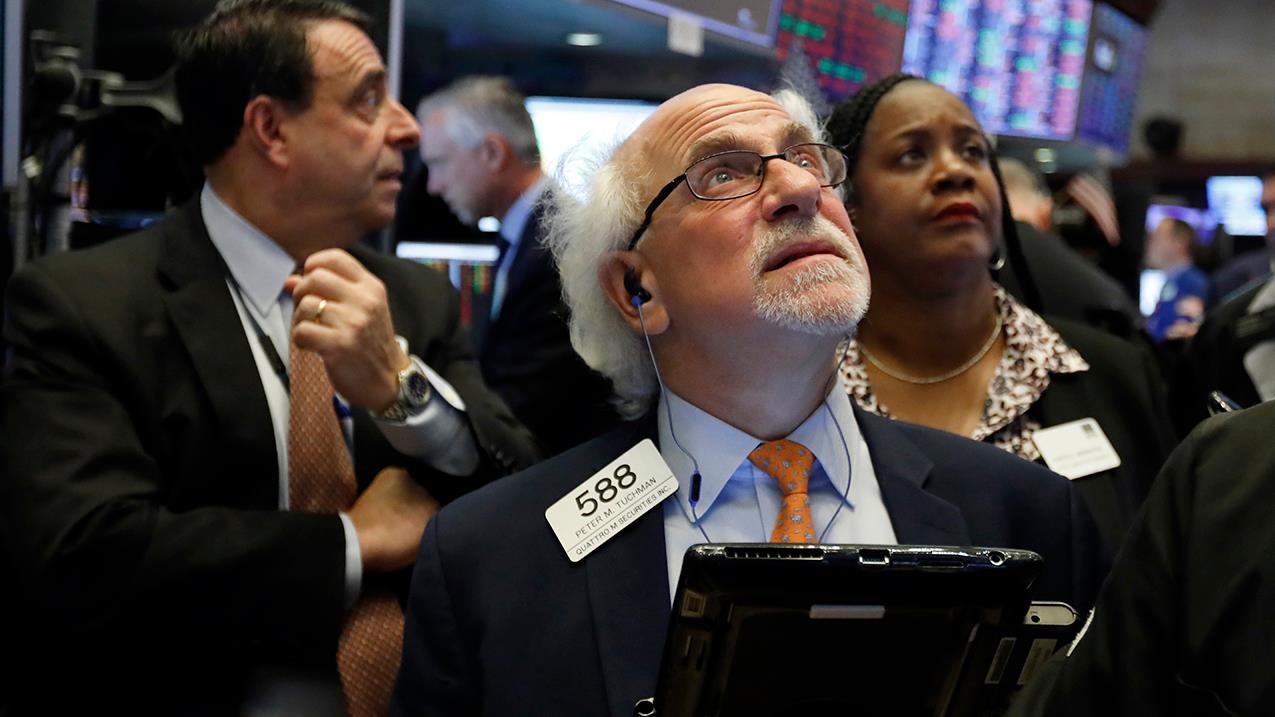Ahead of midterms, soda industry poured millions into fighting sugary drink taxes
Ahead of the midterm elections, the soda industry poured millions of dollars into fighting a sugary drink tax that will appear on ballots in two states: Washington and Oregon.
In Oregon, the Ban Tax on Groceries Initiative appears on the ballot and, if passed, would prohibit the state government from imposing taxes on groceries, including soda and sugary beverages. According to state records, the American Beverage Association, a trade organization that represents the producers of most notably soft drinks, contributed more than $3 million in favor of the initiative.
Voters in Washington will determine the fate of the Washington Initiative 1634, which would stop local governments – but not the state – from taxing groceries.
Yes! To Affordable Groceries, the one committee registered in favor of the initiative, is backed by some of the biggest names in the soda industry, including the Coca-Cola Company, PepsiCo, Keurig-Dr. Pepper and Red Bull North America. Those four companies have donated 99.8 percent of the contributions to the committee, which raised more than $20.2 million. In comparison, two committees that oppose the campaign raised $13.3 million.
Although it won’t appear on the ballot, the American Beverage Association spent more than $7 million in California on an initiative that would require two-thirds vote of the state electorate to impose soda taxes.Instead, Democratic Gov. Jerry Brown signed compromise legislation into law in June that imposed a 12-year ban on any local soda taxes, meaning no local government can impose any such tax until 2030.
During the 2016 elections, a number of cities jumped on the soda tax bandwagon. Now, nearly 9 million Americans live with one in eight municipalities in the U.S.: Berkeley, Calif.; Philadelphia; San Francisco; Oakland, Calif.; Albany, Calif.; Boulder, Colo.; Cook County, Illinois (the county that includes Chicago) and Seattle.




















